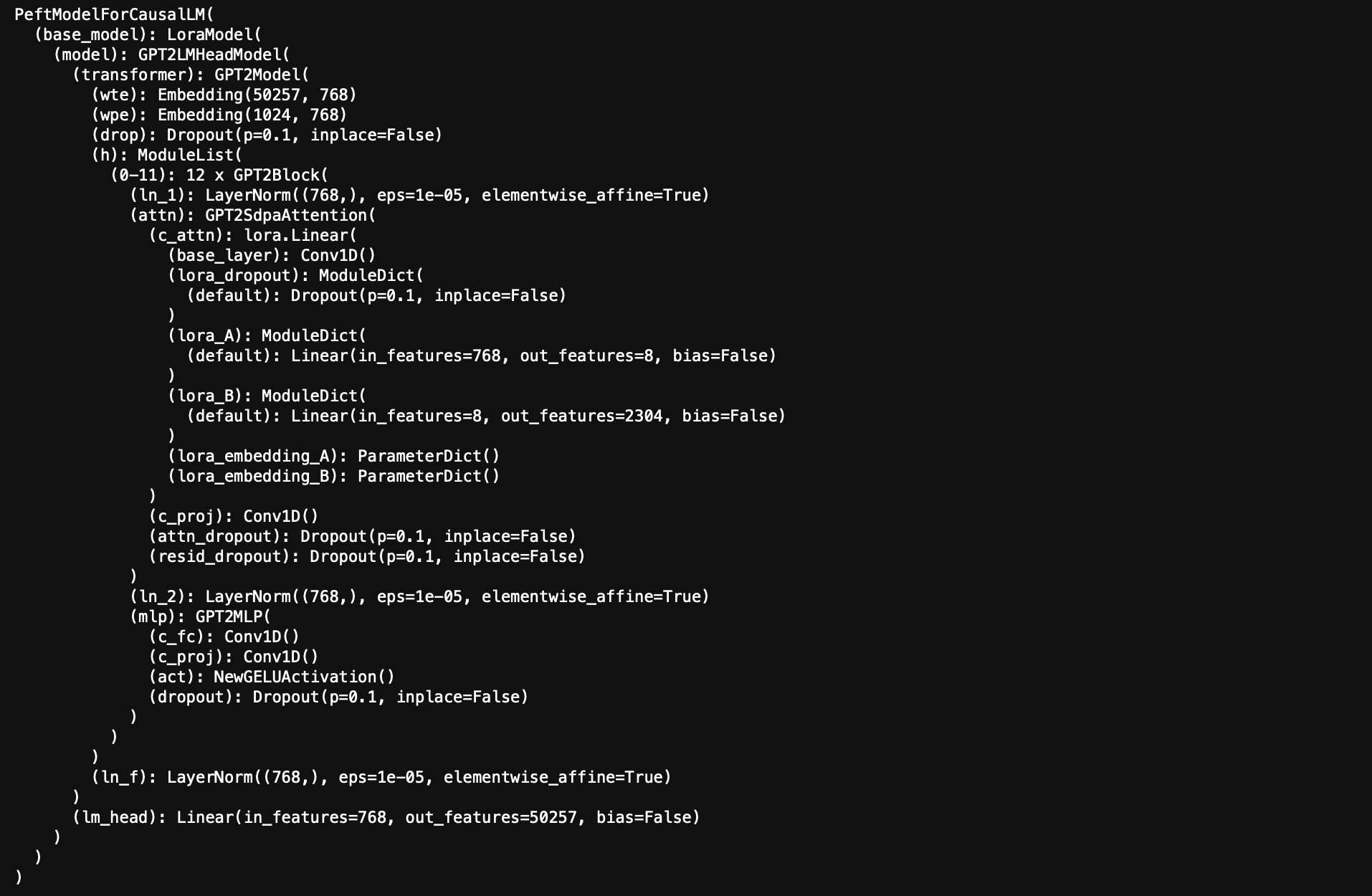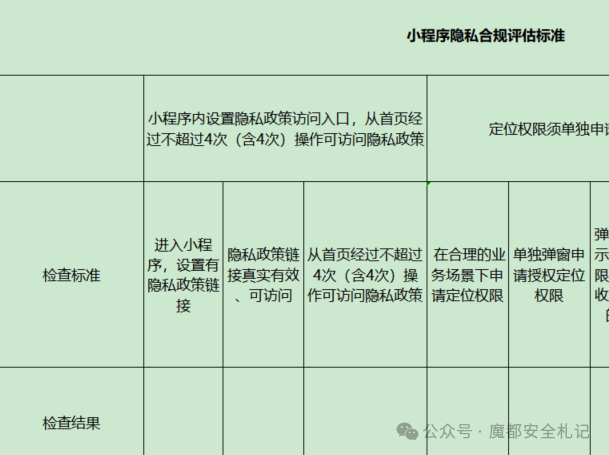分享两道算法题
王者荣耀分组
题目描述
部门准备举办一场王者荣耀表演赛,有 10 名游戏爱好者参与,分 5 为两队,每队 5 人。
每位参与者都有一个评分,代表着他的游戏水平。
为了表演赛尽可能精彩,我们需要把 10 名参赛者分为实力尽量相近的两队。一队的实力可以表示为这一队 5 名队员的评分总和。
现在给你 10 名参与者的游戏水平评分,请你根据上述要求分队最后输出这两组的实力差绝对值。
例: 10 名参赛者的评分分别为 5 1 8 3 4 6 7 10 9 2,分组为 (1 3 5 8 10) (2 4 6 7 9),两组实力差最小,差值为 1。有多种分法,但实力差的绝对值最小为 1。
输入描述
10 个整数,表示 10 名参与者的游戏水平评分。范围在[1,10000]之间
输出描述
1 个整数,表示分组后两组实力差绝对值的最小值。
示例一
输入
1 2 3 4 5 6 7 8 9 10
输出
1
说明
10 名队员分成两组,两组实力差绝对值最小为 1
基于C语言的代码:
#include <limits.h>
#include <stdio.h>
#include <stdlib.h>
int total = 0;
int res = INT_MAX;
// 深度优先搜索函数
void dfs(int score[10], int idx, int count, int currentSum) {
// 当我们为一个队伍选择了5名玩家时
if (count == 5) {
// 计算另一个队伍的总和
int otherTeamSum = total - currentSum;
// 用较小的差值更新结果
res = abs(currentSum - otherTeamSum) < res
? abs(currentSum - otherTeamSum)
: res;
return;
}
// 如果我们已经考虑了所有玩家,停止递归
if (idx == 10) {
return;
}
// 为第一个队伍选择当前玩家
dfs(score, idx + 1, count + 1, currentSum + score[idx]);
// 不为第一个队伍选择当前玩家
dfs(score, idx + 1, count, currentSum);
}
int main() {
int score[10];
for (int i = 0; i < 10; i++) {
scanf("%d", &score[i]);
total += score[i];
}
dfs(score, 0, 0, 0);
printf("%d", res);
return 0;
}
注意: <limits.h>
<limits.h> 是 C 语言的一个标准库头文件,它定义了各种数据类型(如整数、浮点数等)的最小和最大可能值。在程序中包含 <limits.h> 头文件后,可以使用预定义的宏来访问这些值。
例如,在给定的代码片段中,INT_MAX 就是来自 <limits.h> 的一个预定义宏,表示 int 类型的最大值。这个宏在初始化变量 res 时被用作初始的最大可能实力差:
int res = INT_MAX;
通过这样的方式,我们可以确保 res 被初始化为一个足够大的数值,以便在后续计算中能够容纳任何可能出现的实力差,并能够在遍历所有分组方案后更新到真正的最小实力差。
基于Python的代码求解
import sys
res = sys.maxsize
sum = 0
tarsum = 0
#global sum, res:声明sum和res为全局变量,这样在dfs函数内部可以访问和修改它们。
# cursum是当前队伍的总得分
def dfs(mylist,id,count,cursum):
global sum,res,trasum
if count == 5:
othersum = sum - cursum
res = min(res,abs(cursum - othersum))
return
# id 记录了全部玩家的情形,id等于10则停止递归
if id == 10:
return
#选择当前队伍的玩家
dfs(mylist,id+1,count+1,cursum+mylist[id])
#另一个队伍的玩家
dfs(mylist,id+1,count,cursum)
mylist = list(map(int, input().split(' ')))
for i in mylist:
sum += i
trasum = sum // 2
dfs(mylist,0,0,0)
print(res)
最大括号深度


基于python代码求解
#定义栈
strings = input()
def depth(s):
if not s:
return 0
stack = []
maxdepth = 0
for i ,c in enumerate(s):
if c in '({[':
stack.append(c)
maxdepth = max(maxdepth,len(stack))
else:
if not stack:
break
if(c==')' and stack[-1]=='(') or \
(c=='}' and stack[-1]=='{') or \
(c==']' and stack[-1]=='[') :
stack.pop()
else:
break
return maxdepth if not stack else 0
print(depth(strings))
或者更简单的写法:
s = input()
def getResult():
map = {
")": "(",
"]": "[",
"}": "{"
}
stack = []
for c in s:
if stack and map.get(c) == stack[-1]:
stack.pop()
else:
stack.append(c)
if stack:
return 0
return len(stack)
print(getResult())
总结:
以上两道算法题第一道用到了深度优先搜索的思想,题目想要得到一个使得两队的实力差距最小的分组方案,我们利用了深度优先搜索的思想,将队员i加入第一个队代表向前走,不加入代表选择其他路径;最终深度优先搜索代码遍历了所有可能的分配方案,并通过我们定义的参数res返回了最佳分配方案的两队实力差距。而第二题很明显要用到栈的思想,python中列表的添加元素和删除末尾元素成功模拟了入栈和出栈的过程,当栈中上一个元素的对应括号出现时,则出栈,否则入栈,最终将记录到的栈的最大长度输出。



















